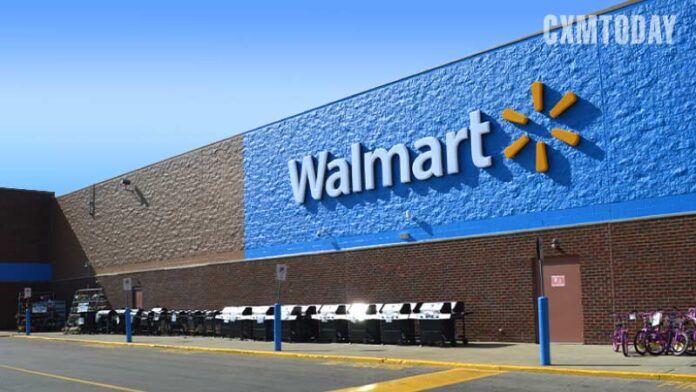Walmart Connect’s integration of CommerceIQ gives customers more tools for managing their retail media campaigns and gleaning insights into results beyond return on advertising spend.
The new offerings align with how other digital ad networks have scaled, focusing on automation and self-service capabilities that tend to be cheaper and easier to modulate than managed campaign services. The CommerceIQ partnership also allows for flexibility: brands can bring their agencies, managed services and self-service software to the table.
Automation has played a more substantial role for Connect as Walmart plans to grow the US business into a top ten advertising network. The big-box store has other partnerships aligned around similar goals, including a demand-side platform (DSP) developed with The Trade Desk that helps automate media buying. Walmart recently added a customer data-sharing operation with Dunnhumby called Walmart Luminate that supports the DSP.
Roughly half of Walmart’s ad sales in the fourth quarter came from automated channels. Walmart’s global advertising operations generated $2.1 billion in 2021 and grew 30% year-on-year in the most recent quarter. Luminate saw 75% growth over the prior period in Q2 2022.
Walmart has built a formidable ads business based on troves of shopper data derived from its extensive brick-and-mortar footprint and online retail properties. The company estimates that 90% of US households shop with Walmart annually, making it the No.1 grocer and No. 2 ecommerce destination behind Amazon.
Amazon remains the most formidable rival in the retail media race, generating billions in revenue annually versus Walmart’s $2.1 billion. But Walmart is also contending with an expanding crop of competitors from the traditional retail realm. Grocers like Kroger and Albertsons are ramping up their advertising bets, while Target has its Roundel media network. Pharmacies like CVS and Walgreens are now in the retail media game, as are a number of department stores, including Nordstrom and Macy’s.
As the playing field widens, greater tech sophistication could be needed to stand out. CommerceIQ in the spring closed a $115 million late-stage funding round, pushing its valuation past $1 billion amid an influx of investment into e-commerce startups. More than 2,200 brands use CommerceIQ’s platform daily.




